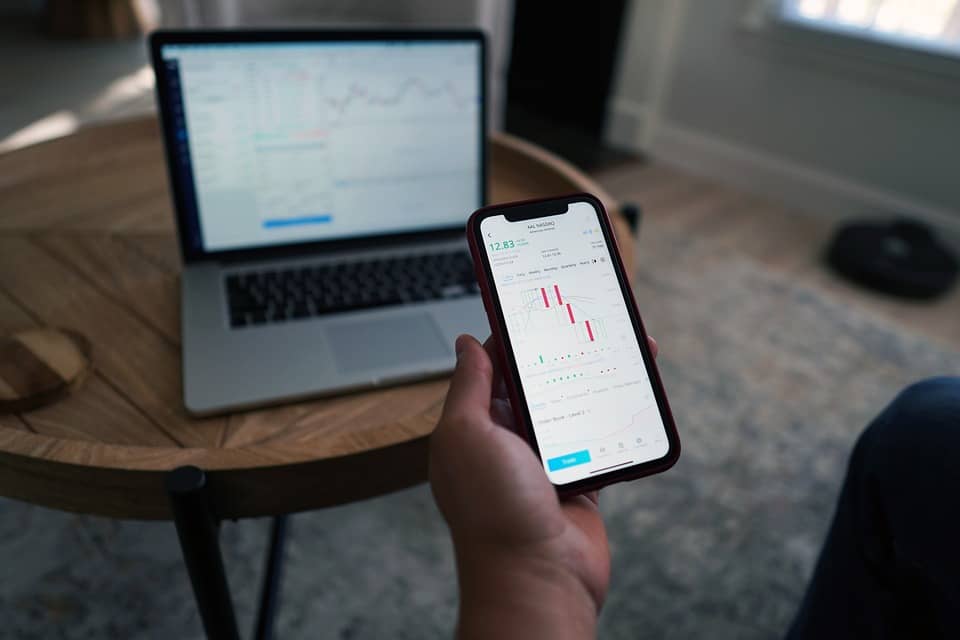A Beginner’s Guide to Day Trading: What You Need to Know to Get Started
Day trading has become increasingly popular over the years, with more and more individuals looking to make a profit by trading stocks, options, or other financial instruments. While it may seem like a lucrative way to make a living, day trading requires a deep understanding of the markets, a solid trading strategy, and a strong emotional discipline. In this article, we’ll take a closer look at the basics of day trading and provide a beginner’s guide to get you started.
What is Day Trading?
Day trading involves buying and selling financial instruments within a single trading day, with the goal of making a profit from the fluctuations in the market. Unlike swing trading or investing, day trading is characterized by a shorter time frame, typically ranging from minutes to hours. Day traders aim to capitalize on short-term market movements, such as news-driven events or technical patterns, to make a profit.
Pros and Cons of Day Trading
Before diving into the world of day trading, it’s essential to weigh the pros and cons. Here are some of the key advantages and disadvantages to consider:
Pros:
- Potential for High Returns: Day trading allows you to potentially earn higher returns compared to traditional investing.
- Flexibility: Day trading allows you to trade at your own pace, making it a great option for those with limited time.
- Market Volatility: Day traders can take advantage of market volatility to make quick profits.
Cons:
- Risk: Day trading is highly risky, and losses are common.
- Emotional Stress: The fast-paced nature of day trading can be emotionally taxing.
- Lack of Control: Even with a solid strategy, day traders have limited control over market movements.
Getting Started with Day Trading
To get started with day trading, you’ll need to:
- Open a Trading Account: Find a reputable online brokerage firm and open an account.
- Fund Your Account: Deposit funds into your account, which will be used for trading.
- Choose a Trading Platform: Select a trading platform that suits your needs, such as MetaTrader or TradingView.
- Develop a Trading Plan: Create a solid plan, including your trading goals, risk management strategy, and market analysis techniques.
Key Concepts for Beginners
Before diving into the world of day trading, it’s essential to understand some key concepts:
- Market Analysis: Market analysis involves studying the market to identify trends, patterns, and potential trade opportunities.
- Risk Management: Risk management is critical in day trading, as it helps you limit your losses and manage your capital.
- Order Types: Order types, such as market orders, limit orders, and stop-loss orders, are essential for executing trades effectively.
- Technical Indicators: Technical indicators, such as moving averages and RSI, can help you identify trading opportunities and manage risk.
Common Day Trading Strategies
There are several popular day trading strategies, including:
- Range Trading: Range trading involves identifying a trading range and buying or selling based on breakouts or rejections of that range.
- Trend Trading: Trend trading involves identifying trends and trading in the direction of the trend.
- Scalping: Scalping involves trading multiple times within a single trading day, taking advantage of small price movements.
- News-Driven Trading: News-driven trading involves trading based on news events, such as earnings announcements or economic reports.
Tips for Successful Day Trading
To achieve success in day trading, keep the following tips in mind:
- Stay Educated: Continuously learn and improve your trading skills.
- Stay Disciplined: Stick to your trading plan and avoid impulsive decisions.
- Manage Your Risk: Use risk management techniques to limit your losses.
- Stay Focused: Minimize distractions and stay focused on your trading goals.
Conclusion
Day trading is a challenging and rewarding experience, but it requires a deep understanding of the markets, a solid trading strategy, and a strong emotional discipline. By following this beginner’s guide, you’ll be well on your way to getting started with day trading. Remember to stay educated, stay disciplined, and manage your risk to achieve success in the world of day trading.
Frequently Asked Questions
Q: Is day trading suitable for beginners?
A: Yes, day trading can be suitable for beginners, but it’s essential to educate yourself and develop a solid trading plan before starting.
Q: How much capital do I need to get started with day trading?
A: The amount of capital needed to get started with day trading varies, but a minimum of $1,000 is recommended.
Q: What is the best way to learn day trading?
A: The best way to learn day trading is through a combination of online resources, trading simulations, and mentorship.
Q: Can I day trade with a limited amount of time?
A: Yes, day trading can be done with a limited amount of time, but it’s essential to be disciplined and focused.
Q: Is day trading taxable?
A: Yes, day trading is taxable, and you’ll need to report your income and losses on your tax return.
Q: Can I day trade from home?
A: Yes, day trading can be done from home, but it’s essential to have a dedicated workspace and minimize distractions.
By understanding the basics of day trading and following the tips and strategies outlined in this article, you’ll be well on your way to achieving success in the world of day trading. Remember to stay educated, stay disciplined, and manage your risk to achieve your trading goals.

Leave a Reply